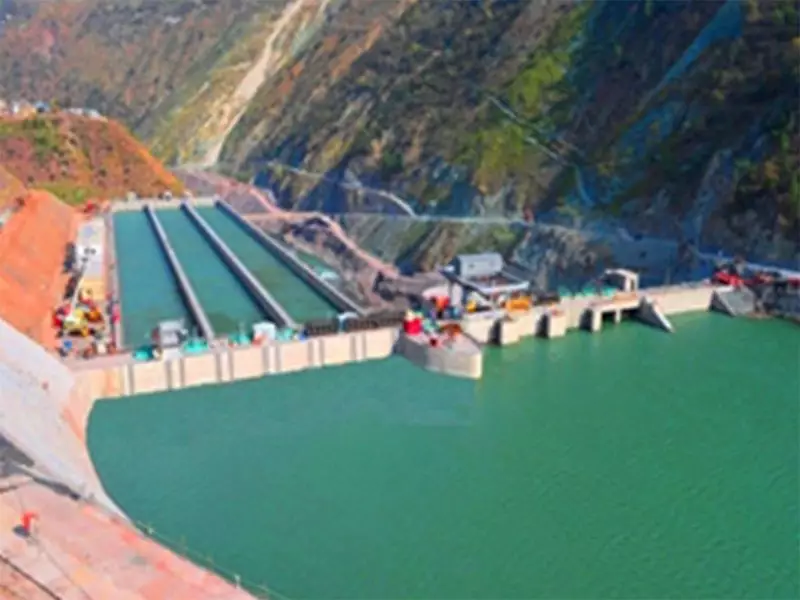
The prestigious Neelum-Jhelum Hydropower Project, once hailed as an engineering marvel, has become a symbol of systemic failure and corruption, plunging the residents of Muzaffarabad into prolonged darkness and despair.
Technical Collapse and Financial Drain
Recent investigations have uncovered shocking details about the project's deterioration. The 969-megawatt power plant, constructed at a staggering cost of Rs 500 billion, has been completely shut down due to catastrophic technical failures in its headrace tunnel.
Critical infrastructure damage has rendered the entire project non-functional, with experts warning that repairs could take years and require additional billions of rupees. This comes as a devastating blow to a region already grappling with energy shortages.
Corruption Allegations Surface
Local authorities and technical experts point to deep-rooted corruption and mismanagement as primary causes of the project's failure. Key concerns include:
- Substandard construction materials compromising tunnel integrity
- Questionable contracting practices and fund allocation
- Lack of proper maintenance and monitoring systems
- Ignoring early warning signs of structural weaknesses
Impact on Local Population
The project's failure has had severe consequences for Muzaffarabad residents, who now face:
- Extended power outages lasting up to 18 hours daily
- Disrupted daily life and business operations
- Increased reliance on expensive alternative power sources
- Growing public anger and protests against authorities
The situation has become so dire that local businesses are struggling to survive, and households are forced to manage without basic electricity needs, according to community leaders.
Broader Implications
This failure raises serious questions about infrastructure development and governance in the region. The Neelum-Jhelum project was expected to be a cornerstone of economic development, but instead has become a case study in how corruption and poor planning can undermine critical public utilities.
Experts warn that without comprehensive reforms and accountability, similar fate could await other infrastructure projects in the region, further exacerbating the development challenges faced by local communities.






